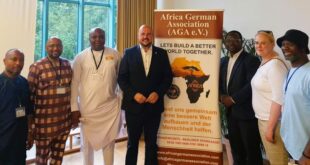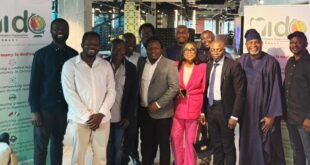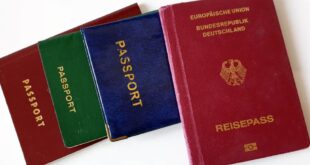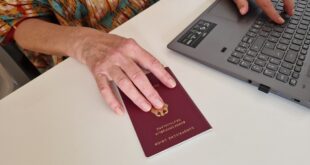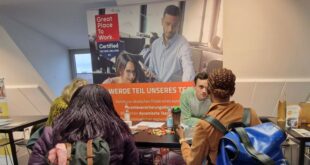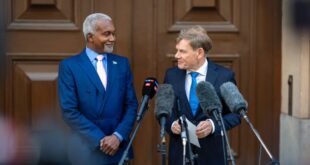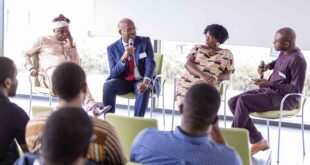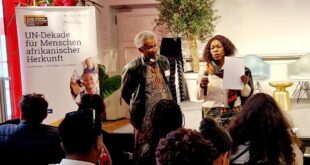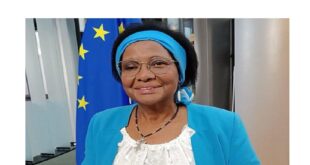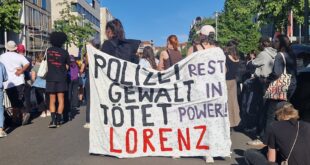The Minister of State for Integration, Annette Widmann-Mauz, has said that the coronavirus pandemic was hitting people with a migration background and refugees particularly hard.
They often work in sectors that are particularly affected by the economic consequences of the pandemic, the Ms Widmann-Mauz said at the 12th Integration Conference, which took place on Monday and that focused on the effects of the corona pandemic on integration in Germany.
“Many work in sectors where no home office is possible,” she added at the video conference, chaired by Chancellor Angela Merkel and attended by several federal ministers.
The CDU politician specifically mentioned trade, logistics and the hotel and restaurant industry as the sectors where people with a migration background often work, “keeping the country running”.
Moreover, integration courses for immigrants had also been adversely affected as many were cancelled as a result of the pandemic, Widmann-Mauz reported. “At the same time, important integration offers have failed or can only take place to a limited extent,” she added.
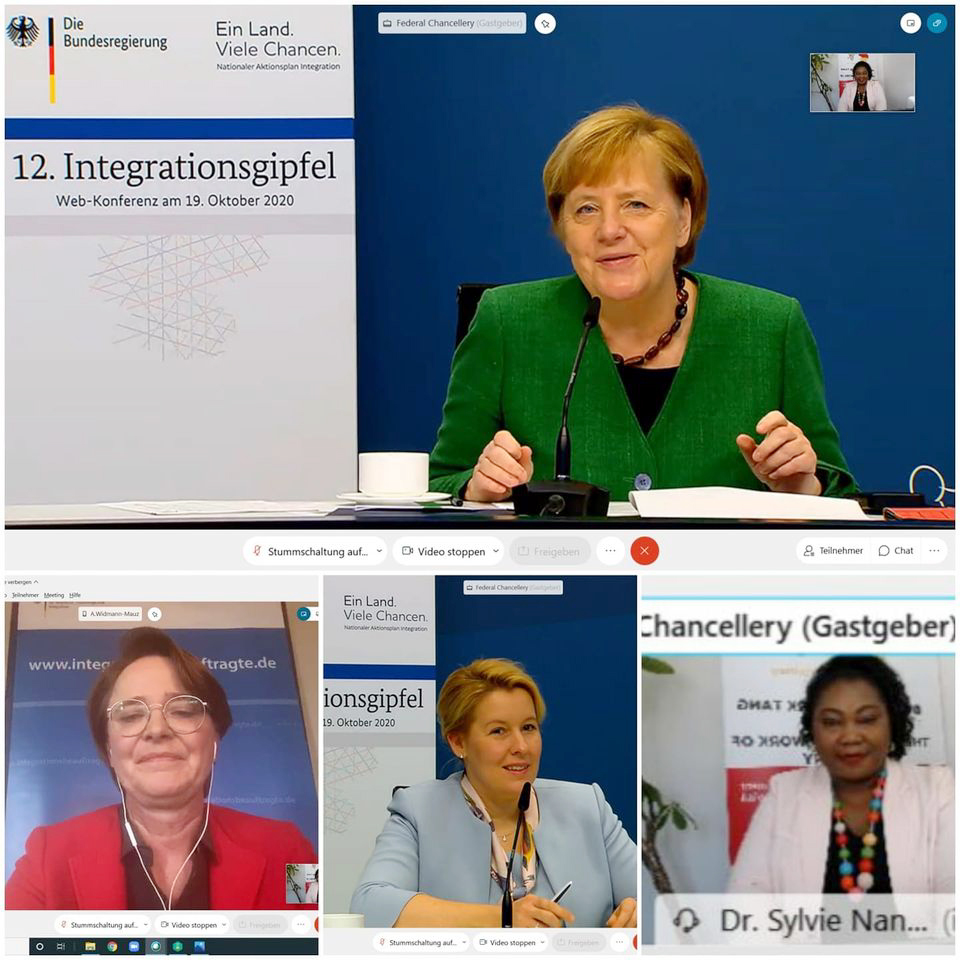
A “digitisation offensive” is to be launched for integration courses. It is important that people are able to take advantage of it even in the pandemic, she said. Also in terms of integration into the labour market, more offers are to be made available via digital channels, the minister promised.
In her contribution, Minister of Education, Anja Karliczek, called for better recognition of foreign qualifications. “Any recognition is also a recognition of a personal life achievement,” she said, adding that a better procedure was a real engine for integration.
Family Minister Franziska Giffey also sees the pandemic as a major challenge for integration. She also addressed the shortage of skilled workers in Germany. “Foreign skilled workers make a major contribution in Germany,” Giffey said. In order to make it easier to enter the labour market, offers were to be increasingly advertised in foreign languages and digitally, she advocated.
A digitisation offensive is necessary in all areas of integration, said Dr Sylvie Nantcha, chairman of The African Network of Germany (TANG), speaking at the virtual conference, said. “In language courses, in guidance, in training”.
The losers of the school closures were those children who did not have access to terminals and did not have sufficient support, Nantcha noted. “We need improvements in digital learning and teaching,” she advocated.
Nantcha reported on the activities of TANG to raise awareness of the disease in the African community, pointing to a sensitisation campaign which the organisation carried out. “We reached more than 6 million people through digital media with our campaign Coronavirus #TANG clarifies,” she reported to the conference.
Speaking on the Fachkräfteeinwanderungsgesetz, Dr Nantcha noted the fact that no African country was on the list of countries approved for pre-integration courses. Nigeria would be an excellent choice for a pilot project on pre-integration, she opined.
Addressing the press after the conference, Merkel said more attention had to be paid to the issue of integration, as many people with a migration background were particularly hard hit.
“With the National Action Plan on Integration, we are focusing on a digital offensive – with digital integration courses, language support and targeted advice in social networks, in order to support women in particular in their entry and integration into the labour market,” Minister Widmann-Mauz said after the conference. “But this also includes digital support for individual integration management in the municipalities. Because despite Corona, we must not lose any time in integration.”
About 120 representatives of migrant organisations and religious communities and from the world of business, politics and sports took part in the talks with the Chancellor.
Vivian Asamoah
READ ALSO Merkel confers with migrant organisations in Germany over COVID-19
 THE AFRICAN COURIER. Reporting Africa and its Diaspora! The African Courier is an international magazine published in Germany to report on Africa and the Diaspora African experience. The first issue of the bimonthly magazine appeared on the newsstands on 15 February 1998. The African Courier is a communication forum for European-African political, economic and cultural exchanges, and a voice for Africa in Europe.
THE AFRICAN COURIER. Reporting Africa and its Diaspora! The African Courier is an international magazine published in Germany to report on Africa and the Diaspora African experience. The first issue of the bimonthly magazine appeared on the newsstands on 15 February 1998. The African Courier is a communication forum for European-African political, economic and cultural exchanges, and a voice for Africa in Europe.



